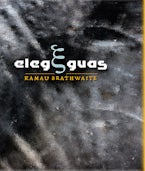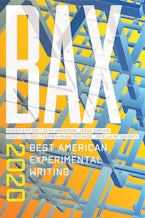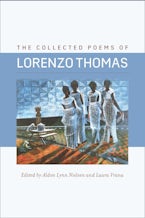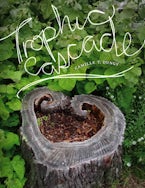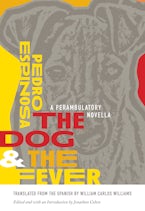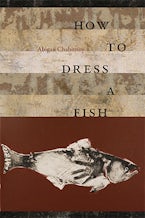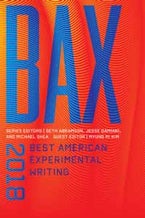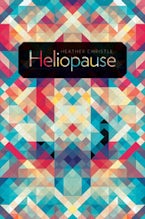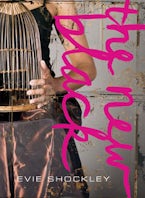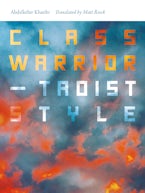- Home
- Wesleyan Poetry Series
- poetry
- fiction
- Seven Controlled Vocabularies and Obituary 2004. The Joy of Cooking
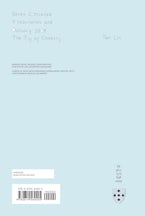
Seven Controlled Vocabularies and Obituary 2004. The Joy of Cooking
[AIRPORT NOVEL MUSICAL POEM PAINTING FILM PHOTO HALLUCINATION LANDSCAPE]
Series: Wesleyan Poetry Series
Sales Date: 2010-04-01
A modular, easy-to-read relaxation device
Winner of the Association for Asian American Studies Book Award in Poetry (2012)
How do we read a book as an object in a network, in a post-book, post-reading, meta-data environment? Seven Controlled Vocabularies models a generic book, a kind of field guide to the arts, wherein distinctions between various aesthetic disciplines are relaxed or dissolved and where avant-garde notions of difficulty are replaced with more relaxing and ambient formats such as yoga, disco, and meditation. Each of the book's seven sections is devoted to a particular art form—film, photography, painting, the novel, architecture, music, and theory—and includes both text and found photographs as it explores the idea of what it means to be a book in an era when reading is disappearing into a diverse array of cultural products, media formats, and aesthetic practices. Seven Controlled Vocabularies will be available in a variety of print and electronic book delivery systems and formats.
Hardcover is un-jacketed.
A Dedication
Some Acknowledgments
A Field Guide to American Painting
A Field Guide to the American Landscape
American Architecture Meta Data Containers
2 Identical Novels
A Dictionary of Systems Theory
Various Library Standards
A Field Guide to American Cinema
Two Colophons
TAN LIN is a writer, artist, and critic. He has published three books of poetry, Lotion Bullwhip Giraffe (1996), BlipSoak01 (2003), and Heath: Plagiarism/Outsource (2007). His visual and video works have been exhibited at the Yale University Art Gallery, the Sophienholm (Copenhagen), and the Marianne Boesky Gallery. He is a professor of English and creative writing at New Jersey City University.
"Lin writes provocative prose poems, fragments of arguments designed to persuade readers (or designed not to persuade them) that art should be relaxingly meaningless.... (T)his new volume owes much to gallery art; its high-concept fun and its serious provocations should get much attention from the proponents of conceptualism and the wider audience for pranks, provocations, and challenges of any artful sort."
~Publishers Weekly
""Seven Controlled Vocabularies is a manifesto for present-day quasi-semi-avant-garde verbal art that is playful or sarcastic. Lin makes art out of statements and gestures that we may think he cannot possibly believe.""
~Stephen Burt, London Review of Books
""These pieces...are written in clear prose about mystifying subjects, as if a features section has been commandeered by some late 20th-century French philosopher, and still managed to get the early edition out. Lin let's the subject morph without losing the plot.""
~Poetry Project Newsletter
""Lin writes provocative prose poems, fragments of arguments designed to persuade readers (or designed not to persuade them) that art should be relaxingly meaningless. (T)his new volume owes much to gallery art; its high-concept fun and its serious provocations should get much attention from the proponents of conceptualism and the wider audience for pranks, provocations, and challenges of any artful sort.""
~Publishers Weekly
""A remix of modernist poet Gertrude Stein's automatic writing conceptual artist Douglas Huebler's self-reflexive appropriation of text and image, and cultural theorist Marshall Macluhan's analysis of media, Lin's work s are as readable as they are relevant.""
~Asher Penn, Art in America
"The recipes contained herein are quite computational and result in the blankest of architectural forms, in which I would like to go shopping. An utterly, compellingly boring film—I've already forgotten it in the best way unimaginable."
~Warren Liu, assistant professor of English, Scripps College
"Tan Lin proposes a radical idea for reading: not reading. Words, so prevalent today, are merely elements that constitute fleeting engagements, one amongst many that make up the shape of our rich technological landscape. You get the sense that these words aren't meant to last forever. By setting up a textual ecology—recycling and repurposing language—Lin makes us aware of both the material and ephemeral nature of words. Language is fluid and can be poured into many forms. Skim, dip, drop-in, tune out, click away. For this brief moment, they've come together between the covers of this book; tomorrow they'll be a Facebook meme.""
~Kenneth Goldsmith

